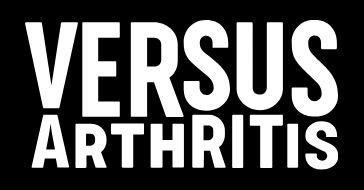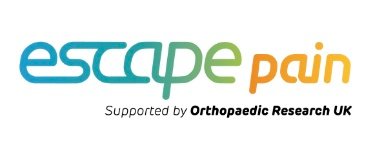It is likely that you have had the gradually progressive pain and loss of function of knee arthritis for a number of years. During this time the condition of your leg and your overall physical and mental health may have significantly suffered.
It is important that we get the correct timing for surgery. Many of the non-operative approaches to the management of knee arthritis can also be part of optimisation for surgery. This will ensure that you have the best chance of a quick recovery with excellent long-term function.
There are a number of areas where you want to make sure you have thought about and reviewed to ensure that you are happy. If you prepare for your knee replacement, you will be in the best possible condition for your knee replacement.
Strength and conditioning
Recovering from a knee replacement will be a life challenge, and it is important that you build up to it as best you can. Your knee pain will hold you back. There are exercises and activities that are designed to allow you to strengthen and condition your body whilst minimising the impact on your knees.
Pre-operative rehabilitation has been shown to likely reduce your length of hospital stay, allowing you to get back home safely earlier. There are many patients who can now go home on the day after surgery, especially if a partial knee replacement is chosen.
Resources are available from Versus Arthritis, the NHS, and the Escape Pain Programme, click below the icons to visit the sites:



Your home set-up
When you go home you will be using crutches but putting full weight through your legs. You will be able to move freely and be able to walk up and down stairs. You will want time and space to rest and recuperate, don’t rush this period. Have some easy freezer meals and access to drinks, fresh fruit, and vegetables.
Being able to elevate your leg so that your knee is level or higher than your heart can reduce swelling. Think about what set-up you could have for this e.g. a foot rest with additional sturdy pillows for height. Access to an ice band or bag for cold therapy (cryotherapy) can also help here. Be careful to be intermittent here to avoid an ice burn.
Try to ensure that friends and family can rally around and help you in the first few weeks.
Mental health
The build-up to your knee replacement can be stressful with anxieties about many of the different aspects of the surgical pathway. This is normal.
Making sure that you know what to expect and that you ask questions to alleviate any concerns is important. I am always happy to arrange an additional consultation to help you.
Try to focus and be encouraged by the high success rate for a knee replacement.
Body weight
Unlike many surgical practices I do not have a weight limit before I consider surgery. What I believe is important is that there is a plan for controlled healthy weight loss and that you are able to mobilise effectively within your bodyweight. However, with greater body weight comes an increased risk of complications and this needs to be appreciated.
After surgery there are vital exercises to do to ensure that there is a low risk of complications such as bloodclots (thrombosis) or chest infection. You will need to work hard to ensure that you are happy with your knee function. It is important that your body weight does not prevent your ability to do these exercises before surgery.
If you are interested in losing weight before surgery to reduce your risk, then I can refer you to a multi-disciplinary specialist team of dieticians, bariatric clinicians, endocrinologists and physiotherapists to help you. Based in Bristol. The Verve Health Group use the best available obesity management which will be tailored to you.
The Clinical Lead is Mr. Dimitri Pournaras who is a bariatric surgeon providing a holistic approach to your weight. You may be suitable for specific diets, medications, or procedures that can help you lose weight:

Diet
A healthy well-balanced diet will help you prepare your body for surgery. This article from The British Journal of Nursing is quite technical but if you want to learn more it outlines some of the important nutrients, vitamins and minerals that are needed for surgical healing. Read the ‘Macronutrition, micronutrition and effects of deficiencies in wound healing’ section:

The vast majority of these essential nutrients are found in a balanced and healthy diet that includes daily fruit and vegetables
Optimising any underlying medical conditions
There are many common conditions that need to be optimised before surgery. A pre-operative anaesthetic clinic will identify these. Prior to this clinic ensure that your known conditions such as high blood pressure, anaemia, diabetes, or rheumatoid arthritis are stable.

